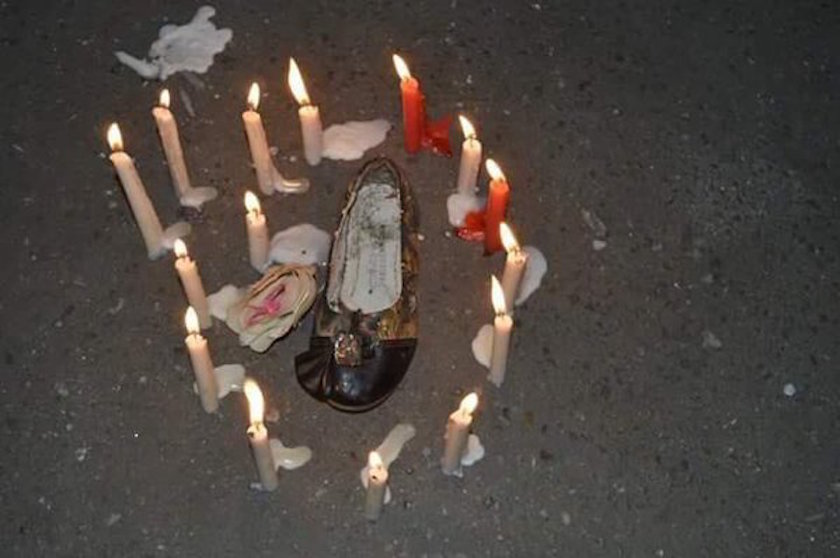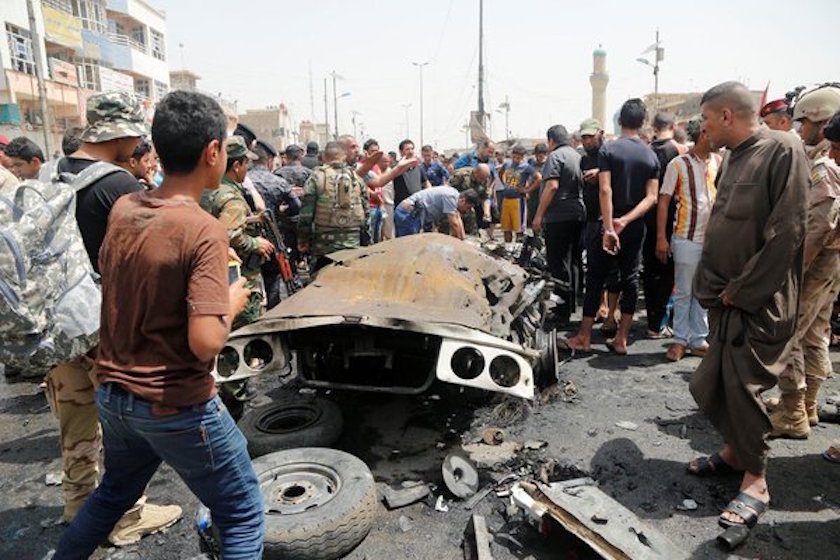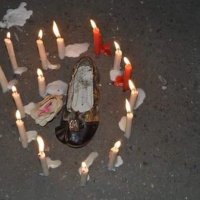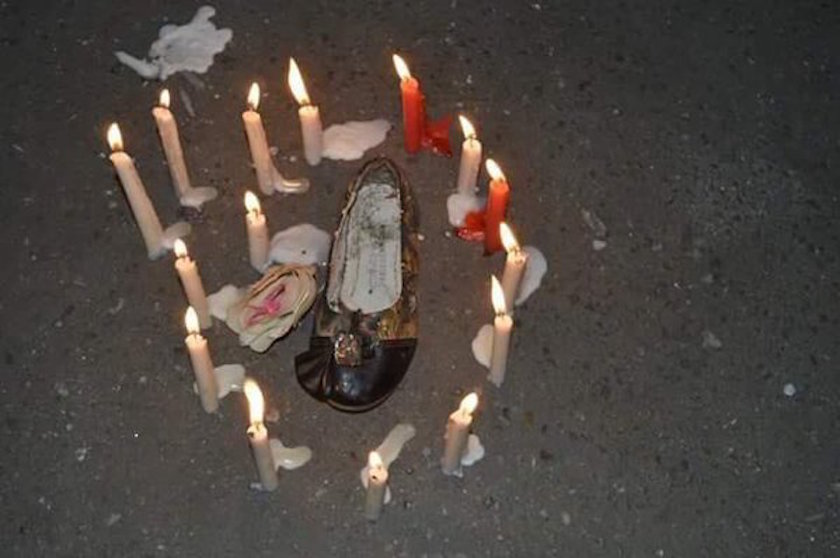
There were just a few things to pick up at the market: tomatoes for dinner, fresh flat bread, maybe some sweets. Three stops at most, then back home for the day.
The bazaar was packed yesterday morning, as only it can be during morning rush hour. Cars wove between lanes—back and forth with mere inches to spare—as drivers rushed to get to work just in time. On the sidewalks, shoppers jockeyed with shopkeepers rearranging oranges and pomegranates into perfect pyramids, hoping to draw in those who came before having breakfast. Their assistants dusted colourful packages of toys, neatly hung at a child’s eye-level.
A pick-up truck managed to find a spot to park in that rush hour-packed street, close to the salon and barber shop. The sea of commuters flowed around the truck—until it exploded, with enough force to rip through the salon, knock nearby shop keepers unconscious, kill 63 people, and injure many more.

Dads. Moms. Brides. Grooms. Shopkeepers. Shoppers just trying to get through a quick list to prepare the family’s supper. Now dead in a place called Sadr City.

The New York Times described Sadr City as a “sprawling slum” in their news brief about the bombing.
But the people of Sadr City—they are our people. Your people.
You helped house families in Sadr City.
You helped advocate to get thousands of children get back into Sadr City schools.
You provided small business grants so that families living in Sadr City—already displaced by violence in other parts of Iraq—could start over.
You have a vested interest in this place, in the families of Sadr City. A car bomb has ripped through the neighborhood, but your presence remains.
Photos via Mustafa Al-Khaqani on Twitter, Haidar Sumeri on Twitter


